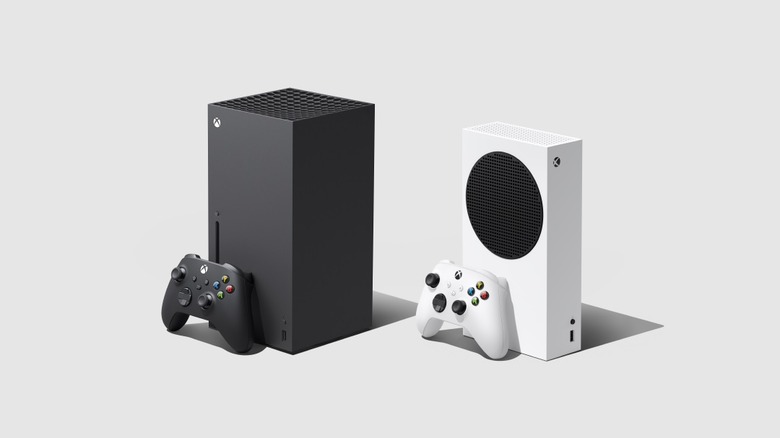Study Shows Gaming Isn't Bad For Your Mental Health, But It's Not Good Either
The video game industry is booming, and that will probably never change. Games are a great form of entertainment. They're fun and challenging, exposing players to entirely different worlds than their regular routine. But games can also be addictive and violent.
That's why the debate over video gaming's benefits is ongoing. Some say games impact the health and mental well-being of players, especially those who spend extensive time on their consoles, computers, or smartphones. Others argue in favor of video games' beneficial aspects on overall well-being and even cognition.
Unsurprisingly, researchers have tried to study the impact of video gaming on mental health. Some studies concluded that gaming might be bad for you, while others produced the opposite results. However, PsyPost points out a flaw with some of the previous studies: They relied on self-reported data for playtime.
A brand new piece of research from the Oxford Internet Institute took a different approach. They observed a group of participants for 12 weeks, tracking their gaming habits in real time. Led by postdoctoral researcher and study author Nick Ballou, the scientists also conducted interviews to determine the participants' mental well-being at various times during the study.
Ultimately, they found that video gaming does not impact mental well-being, positively or negatively, regardless of how long players spend playing their favorite titles.
The researchers recruited 414 adults with an average age of 32 from the UK and US. These were all Xbox owners who agreed to befriend researcher accounts. The scientists then tracked playtime accurately by observing a player's online status. The researchers analyzed the playing sessions over three time scales: the past 24 hours, the past seven days, and the past 14 days.
The gamers had to complete surveys every two weeks to measure their mental well-being. The researchers looked at three aspects: "positive affect (how happy participants felt at the moment), depressive symptoms (feelings of sadness or hopelessness over the past week), and general mental well-being (overall psychological health over the past two weeks)."

The researchers examined a correlation between the time spent playing games and a participant's self-reported well-being. They found no link between the two for any of the three aspects they measured. Also, they found no evidence that changes in well-being influenced subsequent playtime. Those players who experienced mood or mental changes did not significantly alter their gaming habits.
The conclusions are all the more important, considering the time spent in games wasn't identical. The average playing time was about 2.1 hours a day, but the distribution of gaming time varied significantly. Some spent about an hour logged on, while others played video games more than five hours a day.
Also, Ballou and his team found that adding an additional hour of gaming would only account for a change in the well-being measure of less than 0.02 points.
As with any study, there are limitations. First, the research only covered adults from the US and UK. An important part of gamers was left out: children and teenagers. Also, the researchers focused on Xbox gamers, while owners of competing platforms were not part of the study. Therefore, the results can't be generalized to all regions and populations.
Moreover, the study doesn't take into account factors that might influence gaming time and mental well-being simultaneously, like a financial event. Lack of income would prevent someone from playing games while also affecting their well-being. Also, the researchers collected open-ended responses about life events that might impact mental well-being but didn't analyze them exhaustively.
There's one other caveat. The study's conclusions might not apply to people who take gaming to the extreme, including replacing activities like work and sleep with gaming.
"While not identical, [gaming] activities offer many of the same benefits to players, such as stress relief and escapism," Ballou, himself a reported gamer, said. "Only in the much rarer cases where someone's gaming is regularly replacing non-interchangeable activities like sleep, work/school performance, or relationships with friends/family should we start to worry."
Still, the findings are important and could serve as the basis for further research and inspire additional studies on the benefits and harms of video game play and mental health.
The full study is available in the journal Technology Mind and Behavior.
